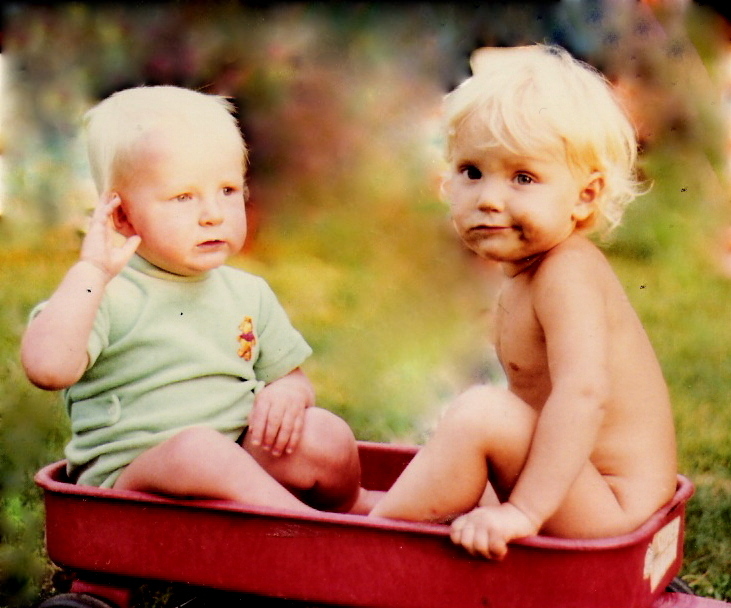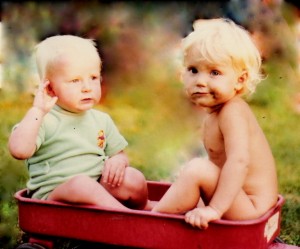“GOOD Relationships”
“It only takes one person to have a good relationship…”
I heard that piece of information from Byron Katie a while back, but it has taken me a quite a while to really get its meaning.
What does that mean? How can that be?
So often we blame our partner for how the relationship is going… thinking that if the other person were different, if they would just behave differently in some way… just listen more, be more responsible… loosen up and have more fun… then the relationship would be better and we could be happy and have the “good” relationship we desire.
No doubt, you’ve discovered how well that works.
Or maybe it’s your mother who isn’t behaving the way you think she should. “If she would just stop telling me what to do all the time, I could have a good relationship with her” or fill in whatever story you have about whichever relationship in your life you think needs changing:
If ____________________ would just _______________________ I could____________________
See how you’re totally giving your power away in that statement? See the conditionality you’ve put on your experience? See the requirement you’re making of others to fulfill your needs, make you happy and determine the kind of relationships you have?
But what if the quality of relationship and whether or not you have a “good” relationship with someone is totally up to you. Yes, of course you may have a different kind of relationship that what your top preference for engagement would be, but you can still create a “good relationship” regardless of how the other person chooses to be or relate.
This doesn’t mean you have to tolerate treatment that doesn’t work for you, or stay engaged with someone in ways that are at cost to your well-being. It just means that you get to choose how you will experience any relationship and are responsible for doing whatever is required on your part to make it a “good relationship” for you.
What would it take for you to only have “good relationships” in your life?
Here’s a little exercise:
Name the relationships in your life with which you are dissatisfied or believe need changing in-order for you to enjoy them or for them to be “good.”
Go through this process with each of them:
- Where in this relationship have I given my power away?
- Am I willing to reclaim my power and self-responsibility?
- Am I willing to have/create a positive experience of this person/relationship?
- If yes, then what part of my thinking, acting, behaving, story or expectation would need to change to make this a “good relationship?”
- Are you willing to do what’s necessary to make it so?
Here’s to creating all our relationships as “good relationships”



I love this. Any relationship can be a good relationship accepting the other person as they are and being a person that I want to be. then the possibility for transformation exists if that’s desired.
Yes, Mario, so true. How ironic that when we truly accept something, it has the freedom to change. This is true with people too. How many of us have wished to change someone we are in a relationship with in a particular way to no avail? Then, after the relationship ends, that person is making the exact changes we wanted him or her to make! Because we demanded change, there was no freedom, and on freedom for that change to emerge. Acceptance in relationships can be truly transformational. And guess what? If you’re in acceptance, then that change doesn’t even really matter… how cool is that?
The very first lesson taught in Alcoholics Annoymous is that you cannot change People, Places or Things. You can only Change yourself, or go to lesson 2, which is that acceptance is the answer.